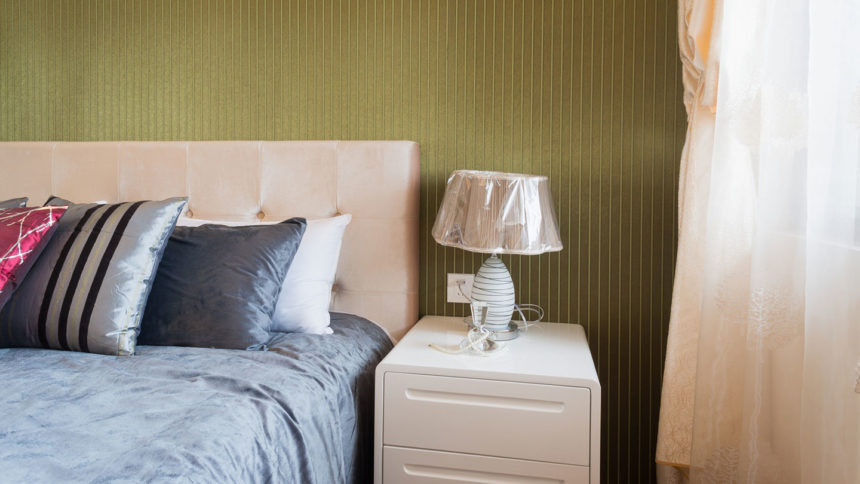
Adding to what has become a national trend, Iowa’s state legislature has advanced a bill that would allow residents and their families to install cameras in nursing home rooms.
Long-term care sector leaders have typically stood firmly against such laws for years, citing privacy concerns, legal difficulties managing practices under disparate state rules, and potential negative effects on staff morale. But a groundswell of patient advocate and policymaker support has rapidly shifted state law across the country.
The Iowa bill, which advanced to full committee Tuesday, would address privacy concerns by requiring written consent from residents or a family member acting on their behalf, as well as from any roommates. Nursing homes also would be required to post notices at facility entrances and by any individual rooms where cameras are installed.
Residents and their roommates would have to be informed of their right to withdraw consent to monitoring at any time.
Additionally, nursing homes would be required to “make a reasonable attempt” to accommodate a resident who wants a camera but whose roommates refuse to give consent. This could mean offering to move either the resident or any objecting roommates to another available shared room, the bill states.
The legislation was advanced unanimously by the bipartisan House Health and Human Services Appropriations Subcommittee.
It’s far from an isolated sign of changing times as it has become increasingly common for state governments to overrule sector concerns on the video monitoring issue.
Reacting to a rising tide
Texas became the first state to not only legalize but require nursing homes to provide residents with information about so-called “granny cams” in 2001. Since then, 15 more states have passed laws allowing private cameras in rooms. Taken together, these 16 represent a diverse cross section of the country — from rural states such as Oklahoma and conservative bastions like Texas to liberal strongholds with large urban centers such as Illinois, New Jersey and Minnesota.
Advocates of these laws point to examples where cameras have recorded elder abuse, including the 2012 incident that became a catalyst for the Oklahoma law. Some also claim that the cameras can lead to peace of mind and security for families who can see their loved ones being well taken care of.
Provider reaction in Iowa has been mixed. IHCA and nonprofit association LeadingAge Iowa have previously opposed room monitoring legislation, citing patient privacy concerns. However, Brent Willett, president and CEO of the Iowa Health Care Association, said Tuesday that IHCA is currently “neutral” on the bill and willing to work with policymakers as it advances through the legislative process — a commitment to collaboration shared by subcommittee Chair Joel Fry (R).
Before it could become law, the Iowa measure would have to successfully move through the House Health and Human Services Committee and the full Legislature.





